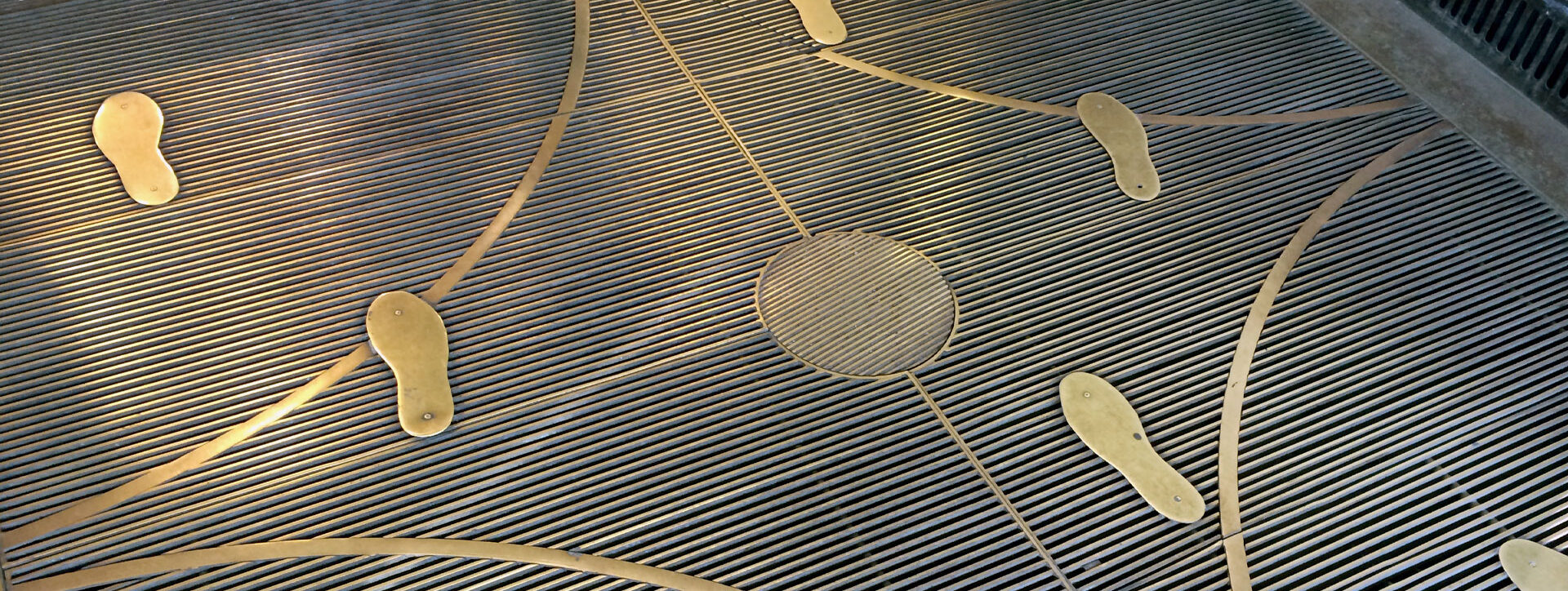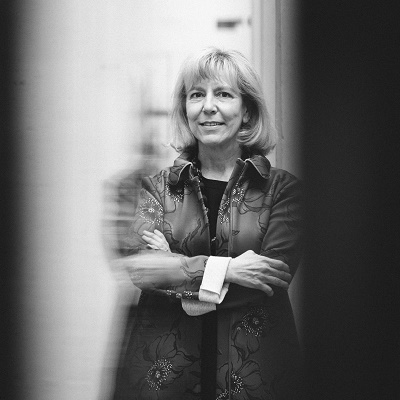THEMATIC AREA > KNOWLEDGE
The Critical Monumentality of Álvaro Siza – Projects of urban renovation after the 1998 Lisbon World Exposition
The research project ‘The Critical Monumentality of Álvaro Siza – Projects of urban renovation after the 1998 Lisbon World Exposition’ (SIZA/CPT/0031/2019) aims to identify, characterize, debate, and reflect about the works of Álvaro Siza, within the urban policies launched in Portugal in the early 2000s.
This research project has two general goals:
The first goal aims to discuss the importance of the Portugal Pavilion within the scope of Expo98, reflecting on its episodic neglect and the current rehabilitation and adaptation project, while the second goal aims at a comprehensive reading of the works of Álvaro Siza in the context of urban renovation processes developed in the course of the Polis programme and other similar initiatives, while debating their impact on the urban and architectural context.
To know more about this project access this link.
Project Duration: September 2021 – March 2024
Funding Institution: FCT
Project Reference: SIZA/CPT/0031/2019


